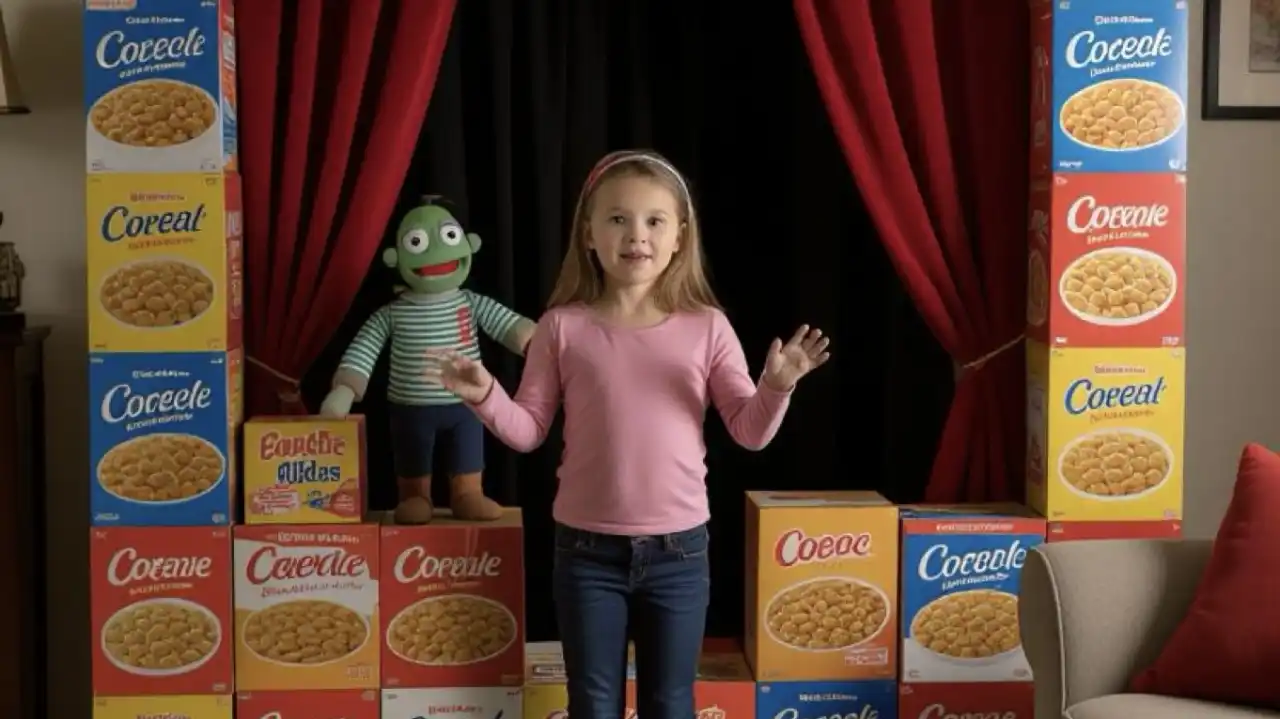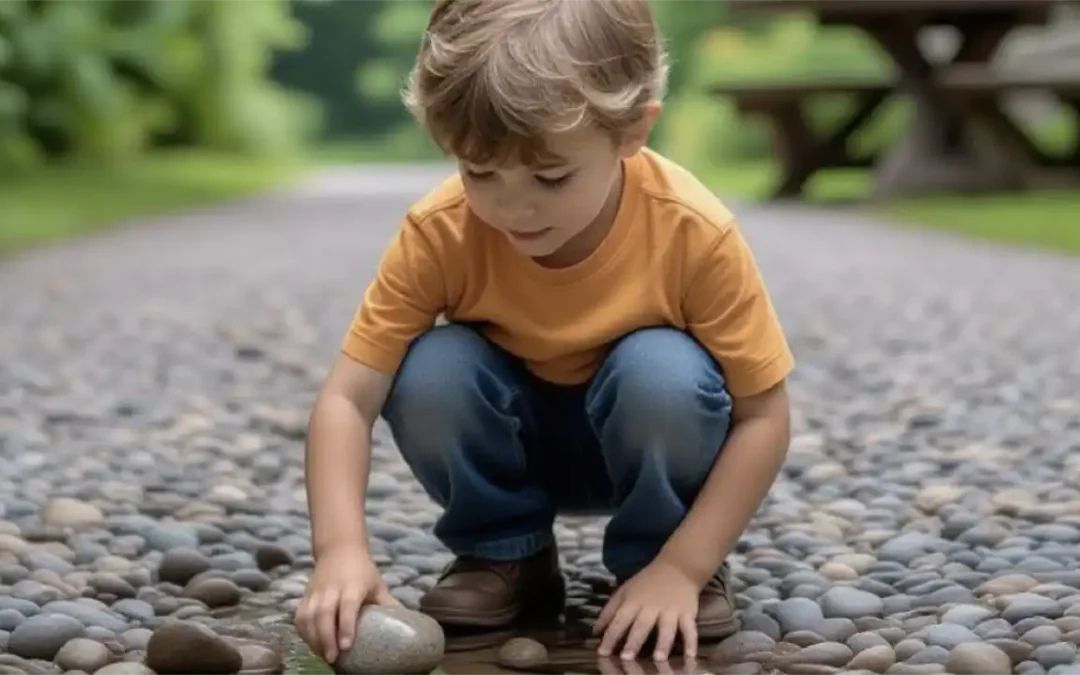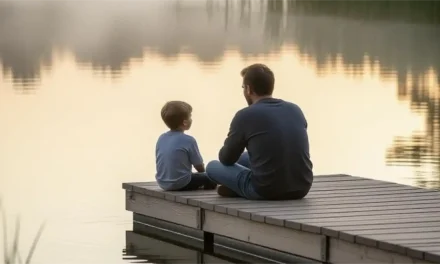
Wandering Freely: Cheer Their Bold Ventures
C
hildren try big things with small skills. They launch into a song without knowing the notes, or start a story without knowing the ending. That boldness is a gift. But if we critique too quickly—or offer help too soon—they hesitate next time. What they need is applause for the leap, not just the landing. Parisian cafés were full of early drafts and first performances. The bold weren’t perfect—they were practicing out loud. Ask your child, “What gave you the idea to try that?” Not to evaluate—but to admire the energy behind it.
One afternoon, my daughter built a stage out of cereal boxes and announced a puppet show. The curtains sagged. Her voice cracked. One character forgot its lines. She looked at me after the first act, uncertain. I smiled and said, “You really went for it.” She lit up and launched act two with new energy. I didn’t fix the story or polish the props. I just cheered her effort. That project didn’t last—but something in her did. A few days later, she was planning a new show, this time with lights and tickets. The work grew—but more importantly, so did her boldness.
When your child shares something rough and brave—a poem, a plan, a half-baked invention—pause before you suggest improvements. Ask where the idea came from. Ask what surprised them in the doing. Show you see the spark. You’re not ignoring the flaws—you’re celebrating the will to begin. Over time, they’ll learn to launch without waiting to feel ready. That’s how ventures start—and how confidence is built from the inside out.
Wandering Freely

Wandering Freely: Roam Without Aim
Unstructured exploration nurtures imagination and self-direction. Give children room to wander, wonder, and discover what draws them.

Wandering Freely: Follow Their Whims
Let curiosity lead. Following children’s natural interests builds joyful learning, confidence, and deeper motivation.
Table of contents

Primordial Soup for the Mind: Navigation
Navigate the book Primordial Soup for the Mind.
TIPS
- Cheer effort to grow confidence
- Notice small tries to build momentum
- Celebrate beginnings, not just results
ACTIVITIES
- Fix-It Try: Help them attempt a playful repair—10–15 min
- Effort Story: Ask about a time they almost gave up—10–15 min
- Try Jot: Write about a bold try and what sparked it—15–20 min
TOOLS
Effort Journal, Try Chart

Download “Primordial Soup for the Mind: A Parent’s Guide to Nurturing Intellectual Growth”
Enter your information to get this article and hundreds more as part of the FREE book Primordial Soup for the Mind.
Share your thoughts with the Thought Academy community in the Comments section below.

Sharpen those skills!
Enter your information to get our FREE practice exercises so you can hone your critical thinking and reasoning skills!







0 Comments